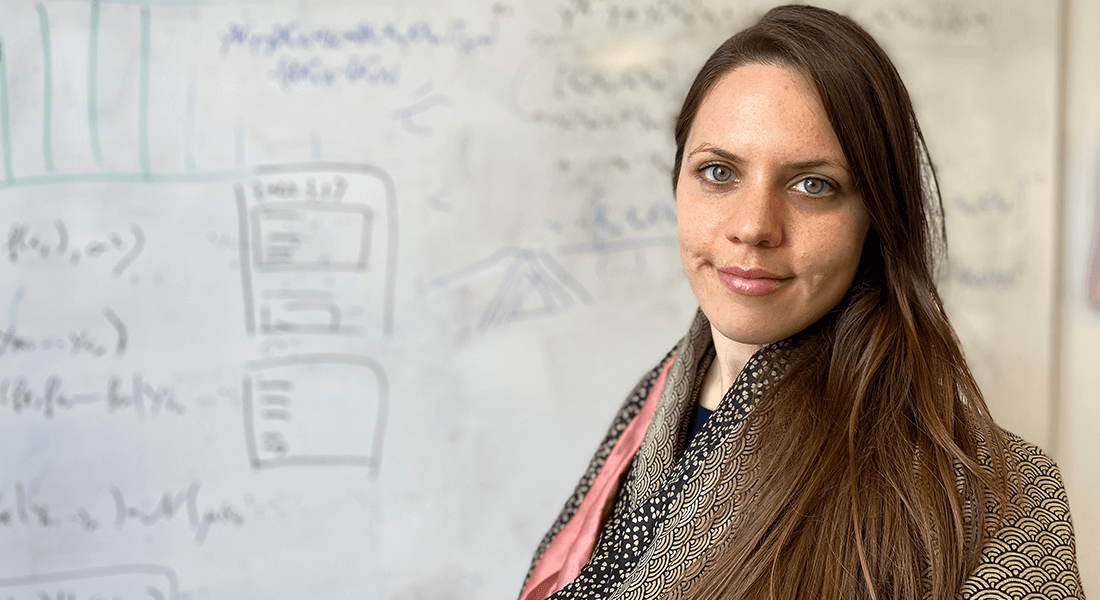Denmark's youngest female Professor is new member of royal academy
Professor Isabelle Augenstein has been elected as a member of the Royal Danish Academy of Sciences and Letters - and at a young age to boot. Here she will participate in the academy's work to ensure favourable conditions for researchers and research in Denmark.

The Royal Danish Academy of Sciences and Letters was founded in 1742 and has had many prominent members over the years, including H.C. Ørsted, Niels Bohr, and August Krogh.
The Danish academy is equivalent to royal academies in other countries, for example, the British Royal Society, or the Dutch Royal Netherlands Academy of Arts and Sciences.
With such a long and rich history, membership of the academy is a great recognition of Isabelle Augenstein and her research career.
- It is a great honour to be elected to the Royal Danish Academy, which promotes interdisciplinary collaboration between some of the most prominent and well-established researchers in Denmark and abroad. Being elected is not something that can be expected during a scientific career, and it will often be much later in one’s scientific career, says Isabelle Augenstein.
Only two other researchers from the Department of Computer Science are already members of the prestigious Royal Danish Academy of Sciences and Letters - Professor Mikkel Thorup and Professor Serge Belongie.
A career in rapid development
Isabelle Augenstein studies methods to combat fake news through automated online fact-checking and the portrayal of women in digital language, and in just a few years she has made major and internationally recognised research contributions.
For this reason, the now 35-year-old Professor was named Denmark's youngest female professor in 2022.
For the past three years, Isabelle Augenstein has also been a member of the Young Academy, which is an independent unit under the Royal Danish Academy of Sciences and Letters for talented young researchers in Denmark.
- Through the Young Academy, I've participated in various working groups, including the co-operation committee, research policy committee, and communication committee, and I've been very happy to be involved. I hope that being part of the Royal Academy will be just as inspiring, says Isabelle Augenstein.
About the Royal Danish Academy
The Royal Danish Academy of Sciences and Letters works to strengthen the position of science in Denmark. With more than 500 members, the academy acts as a meeting place for prominent researchers from all areas of basic scientific research from all over the country. This is done through member meetings, dissemination, counseling, and international cooperation.
Contact
Isabelle Augenstein
Professor
Department of Computer Science, University of Copenhagen
augenstein@di.ku.dk
Caroline Wistoft
Communications Consultant
Department of Computer Science, University of Copenhagen
cawi@di.ku.dk
